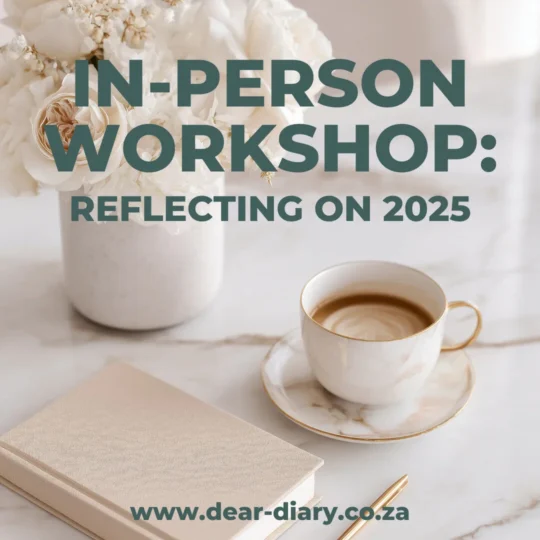Start your children with simple tasks like sorting toys by colour, then gradually increase complexity as they grow older. Hold regular family meetings to assign age-appropriate responsibilities—from organising school supplies to managing cupboard space. Create a pocket money system that connects effort with reward, teaching financial literacy alongside organisational skills. This approach builds their confidence, reduces your workload, and develops essential life skills. There’s much more to uncover about making this partnership successful.
Getting Kids Involved in Organising
While many parents view organising as an adult responsibility, involving children in household organisation isn’t just helpful—it’s groundbreaking for their development. You’re not just getting extra hands to fold laundry; you’re building essential life skills that’ll serve them well into adulthood.
Getting your kids involved starts with age-appropriate tasks that match their developmental stage. For younger children, begin with simple activities like sorting toys by colour or putting books back on shelves. As they grow, gradually increase complexity—have them organise their school supplies, manage their own cupboard space, or help sort family paperwork.
This scaffolding approach prevents frustration while building confidence through achievable wins.
The secret lies in making organisation feel like collaboration, not punishment. When you frame household tasks as family teamwork, children develop a sense of ownership and satisfaction in their contributions. They’ll start viewing themselves as significant team members rather than reluctant helpers.
Regular family meetings can change how you approach organisation together. Sit down weekly to discuss upcoming tasks, assign responsibilities, and celebrate completed projects.
This open communication strengthens family bonds while teaching children planning and prioritisation skills. They’ll learn to manage their time effectively and grasp how individual actions affect the whole family’s success. Establishing these weekly planning meetings creates the structure and predictability that young children particularly need for their overall development.
Don’t underestimate the executive function benefits you’re providing. When children regularly engage in organising tasks, they’re developing vital planning abilities, improving their decision-making skills, and learning to manage multiple responsibilities simultaneously.
These cognitive improvements extend far beyond household chores—they’ll notice better performance in schoolwork and social situations.
Consider implementing a pocket money system tied to organisational responsibilities. This approach introduces financial literacy concepts while demonstrating the connection between effort and reward.
Children learn budgeting basics, saving strategies, and the significance of earned money. They’ll realise that maintaining organised spaces requires consistent effort and yields tangible benefits. Teaching children that money requires effort to earn helps them develop smart money management habits from an early age.
The mental health advantages are equally impressive. Organised environments reduce anxiety and provide children with predictable routines that promote emotional stability.
When kids contribute to creating these calm spaces, they experience a powerful sense of accomplishment and purpose. They’re building resilience by learning delayed gratification—comprehending that short-term effort creates long-term benefits. Involving children in organising tasks helps develop their sense of self-worth as they see the meaningful impact of their contributions. Children who participate in organising activities develop empathy and cooperation skills as they learn to consider others’ needs and work together towards shared goals.
Start small and stay consistent. You might feel tempted to do everything yourself because it’s faster, but resist this urge.
Yes, your six-year-old’s sock drawer won’t meet professional organiser standards, but that’s not the point—you’re investing in their future independence and self-discipline.
Frequently Asked Questions
What Age Should Children Start Learning Organisational Skills?
You should start teaching organisational skills around age 2-3 with simple sorting activities. Begin with basic tasks like putting toys away, then gradually increase complexity as your child develops cognitive abilities and independence.
How Do I Motivate Reluctant Children to Participate in Organising?
Start with their interests—organise LEGO collections or sports gear. Use timers for fun challenges, involve friends, and celebrate small wins. Model enthusiasm yourself and link tasks to their personal goals for maximum engagement.
Should I Pay My Children for Helping With Organising Tasks?
You shouldn’t pay your children for organising tasks. Payment undermines intrinsic motivation and weakens family bonds. Instead, frame organising as teamwork, celebrate progress with praise, and connect tasks to family values and shared responsibility.
How Long Should Organising Sessions Be for Different Age Groups?
Keep toddlers to 5-10 minutes, preschoolers to 10-15 minutes, primary school children to 15 minutes, and teenagers to 20-30 minutes. You’ll maintain focus and prevent overwhelm by matching session length to attention spans.
What if My Child’s Organising Style Differs From Mine?
Welcome your child’s different organising style instead of forcing yours. Visual organisers need open storage whilst hidden organisers prefer closed containers. Collaborate on solutions that respect their natural tendencies for better success.





